Malaysia’s minimum wage can be raised in phases
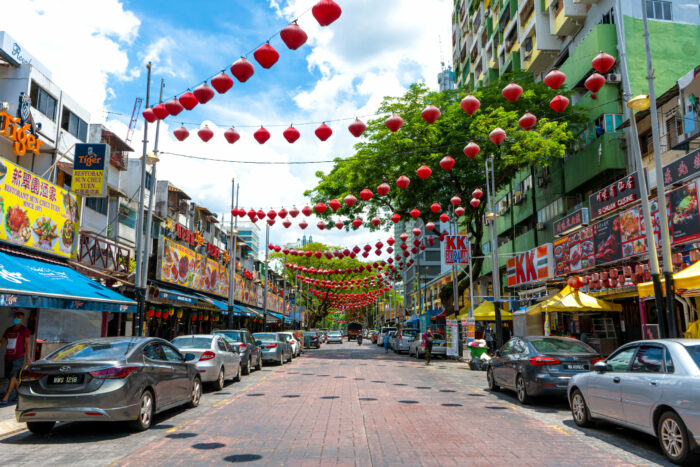
The current minimum wage of RM1,200 (US$286) per month can be revised upwards in stages, a former minister has suggested.
Thailand approves 27 billion baht COVID-19 relief fund
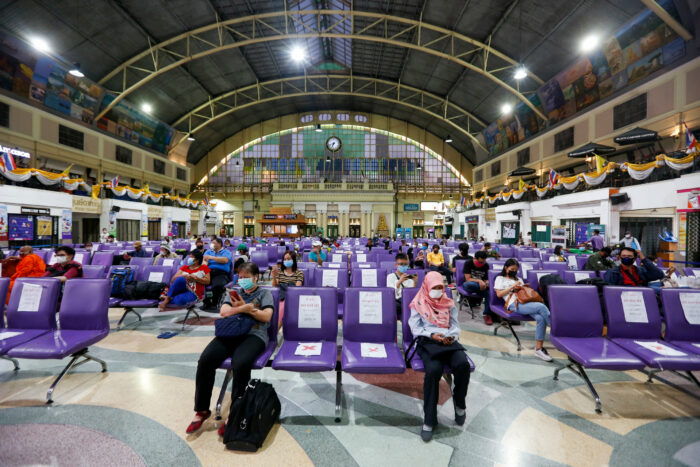
Support will also be extended for an existing scheme that encourages domestic travel until end-February as the pandemic situation eases.
Redefining HR by creating new employee experiences

Day 2 of HR Tech Festival Asia Online 2021 provided key insights into workforce issues such as employee experience, leadership, and hybrid work.
HR Tech Festival Asia Online 2021: What’s happening on Day 3

HR Tech Festival Asia Online 2021 concludes with the ASEAN Future of Work conference track, which puts the spotlight on South-East Asia’s workforce.
Over half of pandemic aid disbursed in Malaysia
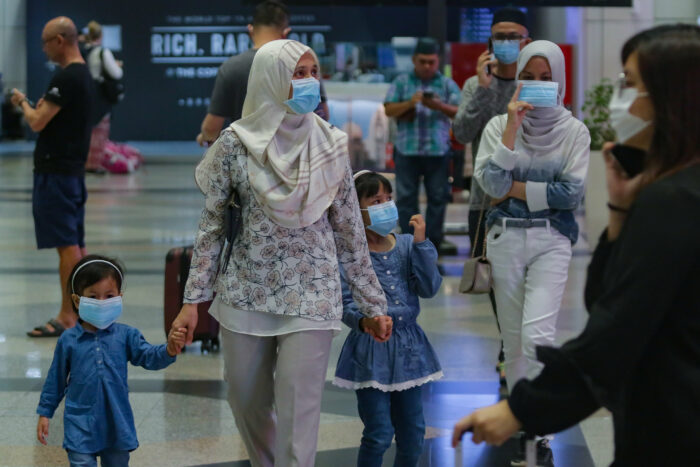
51% of the RM490 billion (US$116.93 billion) allocated under the eight pandemic stimulus packages has been disbursed so far.
OECD urges Australia to increase unemployment benefits

It expects that strict lockdowns in New South Wales and Victoria state are likely to see the national economy shrink over the September quarter.
Business chambers call on Vietnam to reopen economy soon
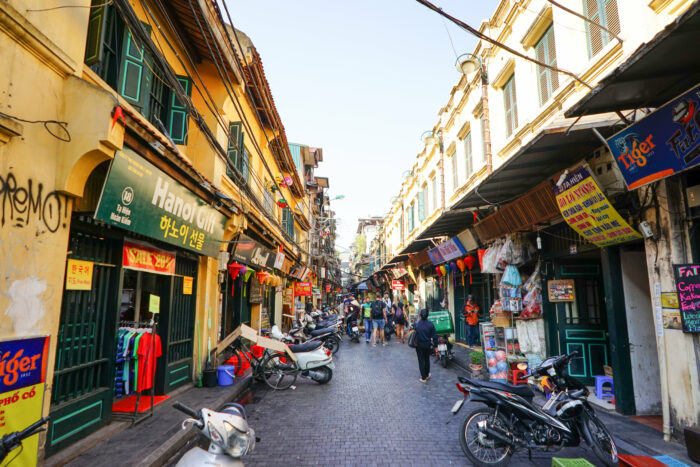
Foreign business chambers are urging the government to reopen the local economy to retain investments in the country.
Hong Kong extends loan programmes for businesses
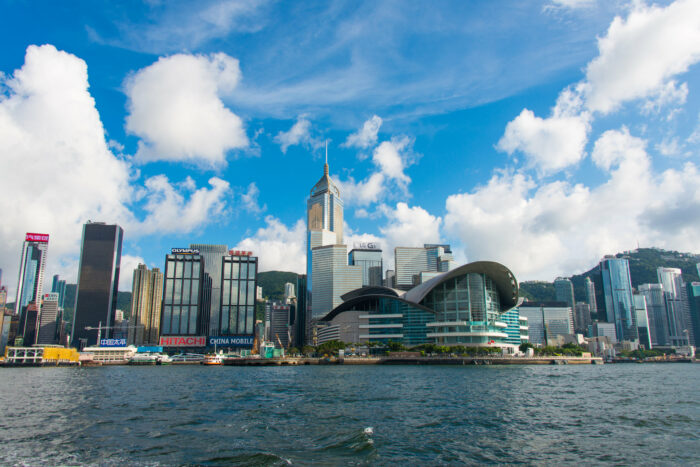
The schemes have so far granted a total of HK$170 billion (US$21.8 billion) in loans to 67,000 applicants, which include 41,600 companies.
HR driving transformation of future-ready workforce

Day 1 of HR Tech Festival Asia Online 2021 highlighted how HR leaders can help their organisations prepare themselves for the future.
HR Tech Festival Asia Online 2021: What’s happening on Day 2

Day 2 of HR Tech Festival Asia Online 2021 will provide key insights into workforce issues such as leadership and hybrid workforces.
Australian union urges government to act on gender inequality in workplace

The Australian Council of Trade Unions (ACTU) has called on the government to do more to address the gender gap for women in the workforce.
Singapore doles out S$900 million in wage support
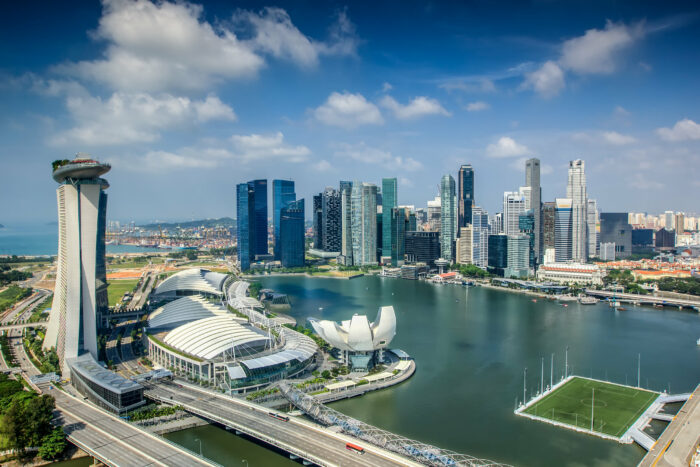
The payouts are expected to benefit over 43,900 employers in Singapore to support the wages of more than 570,000 local employees.
Tripartite bodies in Cambodia promote financial literacy and inclusion

Three organisations have banded together to launch an initiative to enhance financial literacy and inclusion among young entrepreneurs and SMEs.
Over two million workers die from workplace related causes: UN agencies

19 occupational risk factors identified included long working hours, and workplace exposure to air pollution, asthmagens, carcinogens and noise.
HR Tech Festival Asia Online 2021: What’s happening on Day 1

Taking place from September 21-23, HR Tech Festival Asia Online 2021 will provide new ideas and key insights to build HR’s roadmap for 2022.
Singapore to provide more workplace opportunities for women

A white paper with “concrete proposals” to tackle issues concerning women will be presented in Parliament in early 2022.
Malaysia to roll out RM500 million support for SMEs
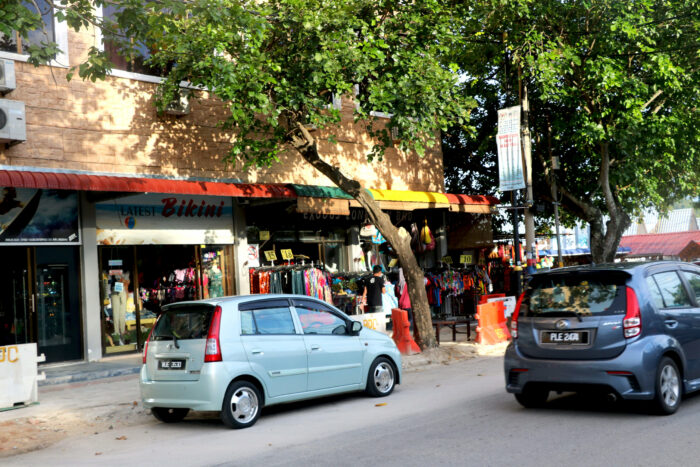
Commencing from September 21, the disbursement will be rolled out twice, once in September and another in November.
Calls for Taiwan to amend labour law to increase birth rate

The Childcare Policy Alliance (CPA) has urged the government to reform labour laws to boost the birth rate and retain married women in the workforce.
Australia expects teleworking to continue post-pandemic

The proportion of Australians working from home had increased from 8% to 40% over the past two year, according to an official review.
Building HR’s roadmap for 2022: The journey starts now

Taking place from September 21-23, HR Tech Festival Asia Online 2021 will provide new ideas and key insights to build HR’s roadmap for 2022.
Women’s group in Malaysia calls for 2022 budget to address gender gaps

The government has been urged to address gender gaps exacerbated by the pandemic when formulating next year’s budget.
Oxfam calls for equal access to maternity care in Cambodia

The NGO has called on the government to better align laws and policies in key areas such as maternity leave, as well as cash and medical benefits.
9.38 million jobs created in China this year till August

The creation of 9.38 million urban jobs from January to August meant China has achieved 85.3% of its annual goal of job creation.
Singapore looks into more protection for gig workers
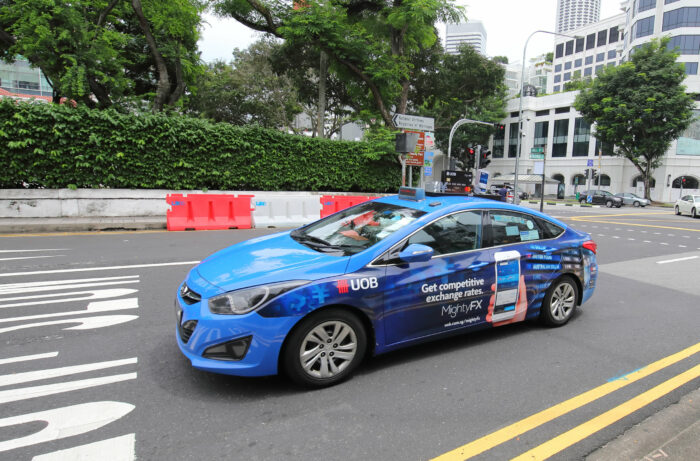
An advisory committee expects to provide recommendations that require legislative change by the second half of next year.
Cambodia holds talks on minimum wage
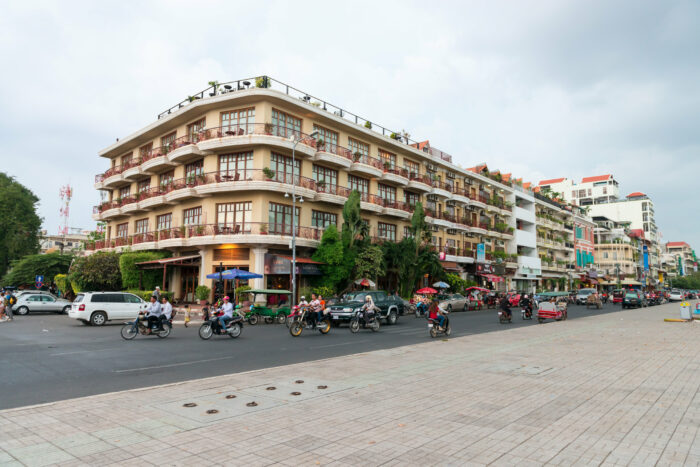
Negotiations on next year’s minimum wage for workers in the garment, textile and footwear sectors are underway.
Singapore urges SMEs to adapt, build workforce for post-pandemic

Companies should also remain outward-looking and stay engaged with the global economy, said the trade and industry minister
All healthcare staff in Victoria state mandated to get COVID-19 vaccination

Thousands of Australian healthcare workers risk losing their jobs if they opt not to be vaccinated under new government rules.
South Korea’s August unemployment rate hits record low
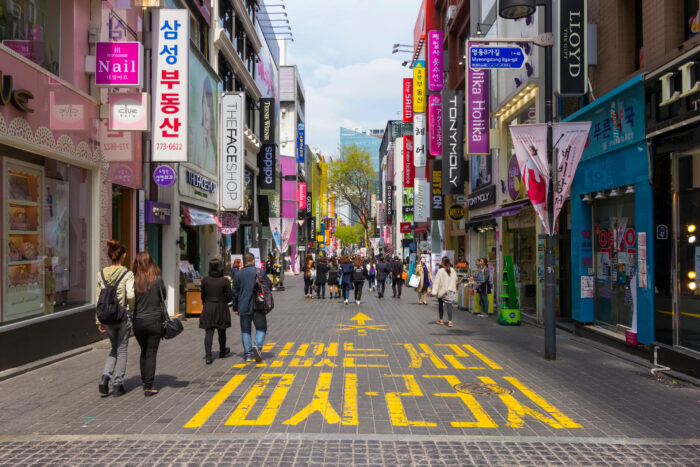
The jobless rate was the lowest since data was published in June 1999, down from July’s jobless rate of 3.3%.
More large companies than SMEs adopt remote work in Japan

The implementation rate of remote work in large companies shows a trend of being about twice that of SMEs during the pandemic.
Job vacancies in Singapore hit record high in June

The ratio of job vacancies to unemployed persons rose to above one for the first time since March 2019, with 163 jobs for every 100 unemployed persons.

